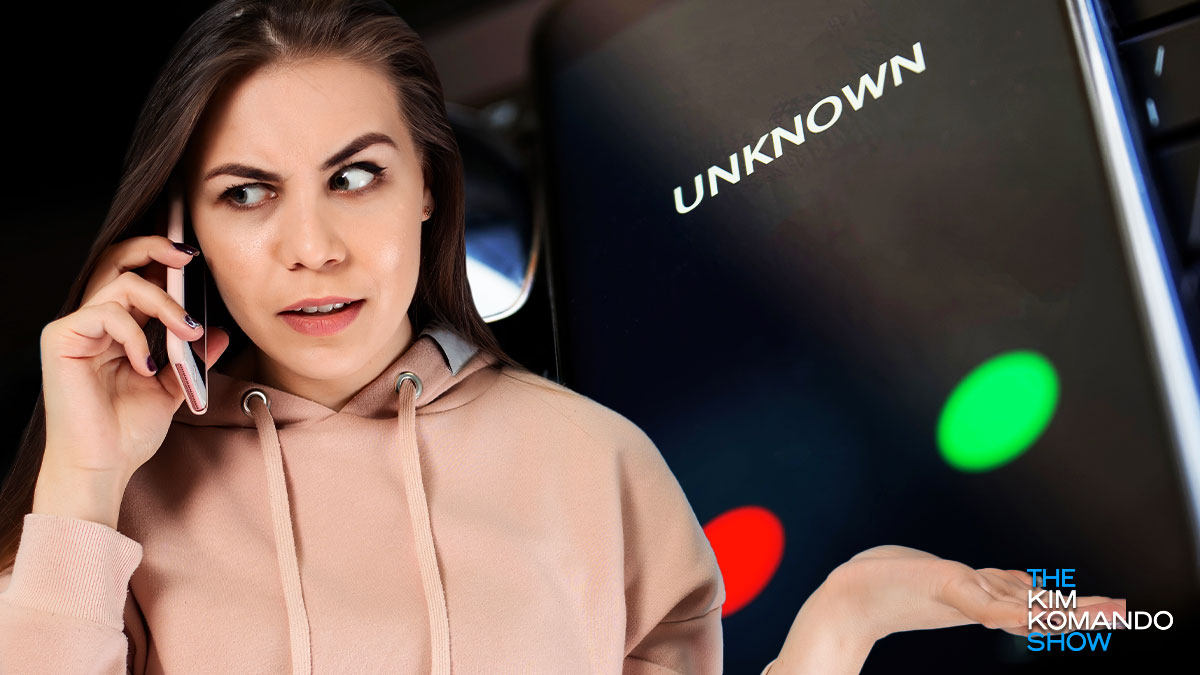Area codes and numbers that are probably spam

Whew, the election’s over. The onslaught of robocalls and texts is over, too … right? Nope.
There are fewer political calls and messages, sure, but there are always scammers and spammers. It may be easier for these creeps to get a hold of us now that our phones aren’t constantly lighting up with election-related notifications.
Today, I’m sharing how to spot scammers faster and the privacy tool I used to cut my spam calls to zero. That’s right — I get none at all.
If you see these, don’t answer
It’s surprisingly easy to spoof phone numbers. A scammer can make it look like they’re calling from your bank or doctor’s office so you’re more likely to hand over your info.
Here’s what they definitely don’t want me to tell you: They spoof numbers from some area codes more than others. If you get a call from one of these area codes and you don’t recognize the number, let it go to voicemail:
- 216: Cleveland, Ohio
- 469: Dallas, Texas
- 657: La Palma, California
- 332, 347, 646: New York City
- 218: Northern Minnesota
- 712: Western Iowa
‘Any specific numbers I should watch for?’
Glad you asked. Certain spam numbers can get past your carrier. Give these a read so you’re better at spotting cybercriminals’ tricks:
- (865) 630-4266: This one’s tied to a Wells Fargo scam telling you your account has been locked.
- (469) 709-7630: Callers from this number will use your name and say you have a package awaiting delivery.
- (805) 637-7243: Hooray! You won a prize from Publishers Clearing House … not.
- (858) 605-9622: Someone’s trying to tell you your bank accounts have been hacked. (They haven’t.)
- (312) 339-1227: This one has a ton of scams associated with it, from weight loss supplements to failed package delivery attempts.
- (917) 540-7996: It’s an automated robocaller advertising any number of products.
- (347) 437-1689: Tax and sweepstakes scams are common for this number.
- (301) 307-4601: This one pretends to be your local post office.
- (878) 877-1402: More “frozen debit card” claims.
- (202) 221-7923: “Kelsey” calls with info about student loan forgiveness initiatives.
So, what can you do about this?
- The obvious one: Put yourself on the Do Not Call Registry. It’s worth doing, but just keep in mind it’ll only make a dent in the number of calls you receive … or have no impact at all.
- Block numbers: On an iPhone, you can block a caller by hitting the Info button (lowercase i icon) next to the call, then tapping Block this Caller. On Android, select the call in your Phone app, tap the three dots > Block/report spam. Blocking a number, though, doesn’t do much; spammers will just fire up a new one.
- Report it to the feds: Go to ftc.gov. Select Report to the FTC > Report Now > Report an annoying call. Maybe they’ll check it out … or maybe not.
That's not the FBI on the phone, but here's how scammers will scare you

There are plenty of scams in the wild that you need to know about. This time of year, holiday scammers are out in full force. Tap or click here for three of the most prominent holiday scams and ways to avoid them.
Those aren’t the only devious schemes to worry about. There’s a new ruse making the rounds where thieves pretend to be calling from the FBI. The thought of getting a call from an FBI agent is frightening enough, but this one adds scare tactics to rip you off.
Sick of scammers? How to sue scam callers

Robocalls are out of control, and many of them are not innocent. Some lead to scammers ripping off unsuspecting victims. Tap or click for five ways to stop bots and spammers from calling you all day. If you are a victim of a scam call, wouldn’t it be great if you could sue the scammer?
The new, convincing tactic phone scammers are using to steal your money
As part of the recently passed COVID stimulus package, many Americans will receive early payments from the child tax credit. Those are scheduled to be mailed out by the IRS between July and December.
The first half of the child tax credit will be allocated during the scheduled 6 month period, and the rest will be completed when you file your taxes. But whenever money is being sent to citizens, criminals are gearing up to steal it.
Warning: Americans lost $19.7 billion to scam calls over the past year

The coronavirus pandemic may have slowed or shut down many things in America, but scam callers certainly aren’t one of them. In fact, with more people communicating online than ever before, the next regular call to come through to your phone is more likely a scammer than not.
